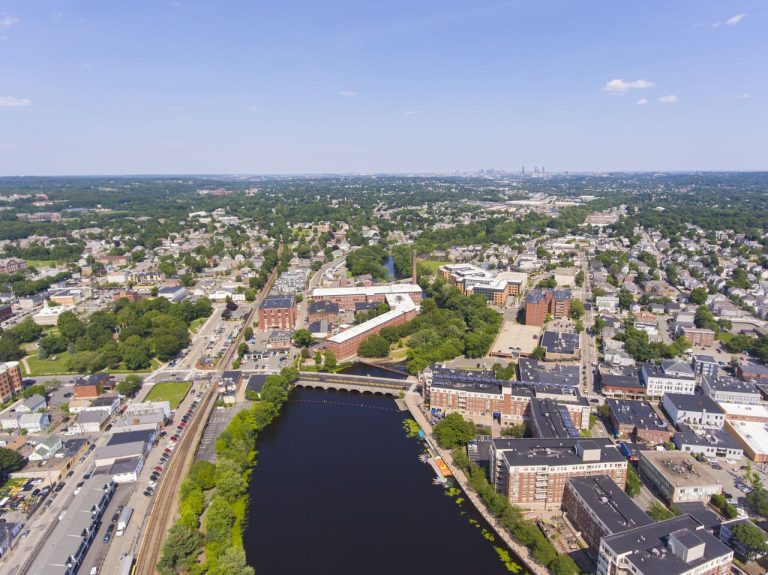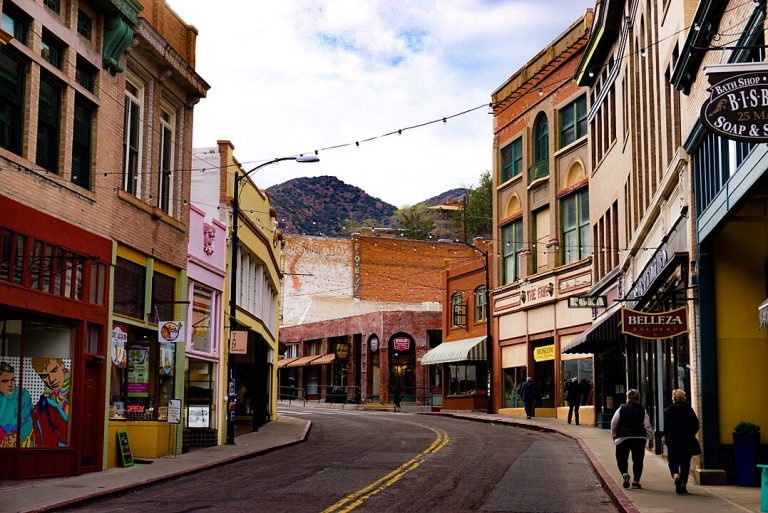11 Warning Signs You’re Choosing an Overcrowded Beach Destination
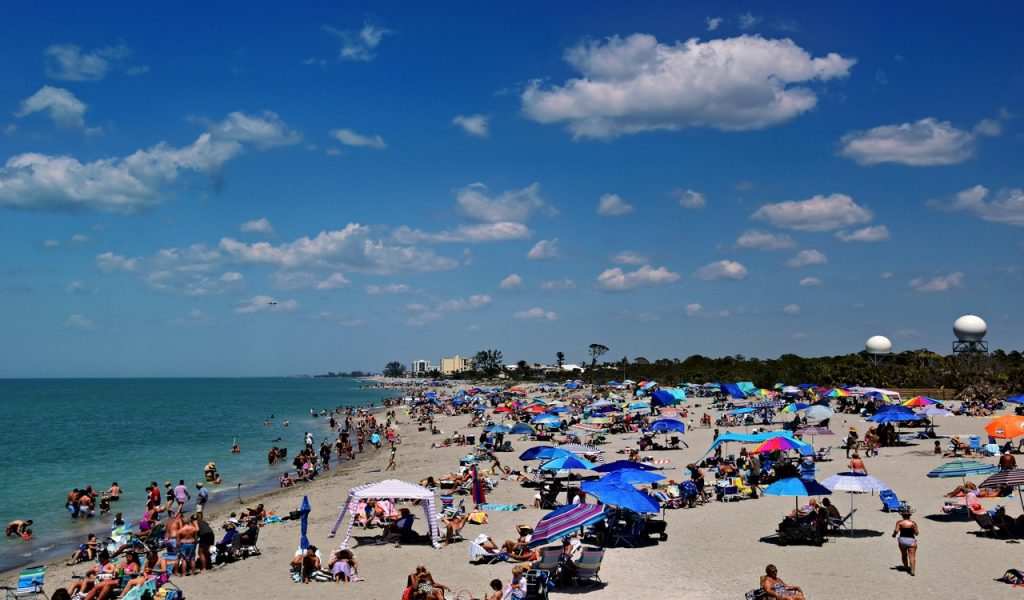
A beach vacation should be soft sand, smooth waters, and enough breathing room to let you relax, not hordes of screaming kids, pollution, and endless lines. But many travelers unwittingly choose places that are bursting at the seams. A crowded beach and frustration can easily thwart the best-laid vacation plans. Ahead, be on the lookout for these warning signs, which can mean your “perfect paradise” is less an island oasis and more a congested party under the sun.
Skyrocketing Hotel Prices
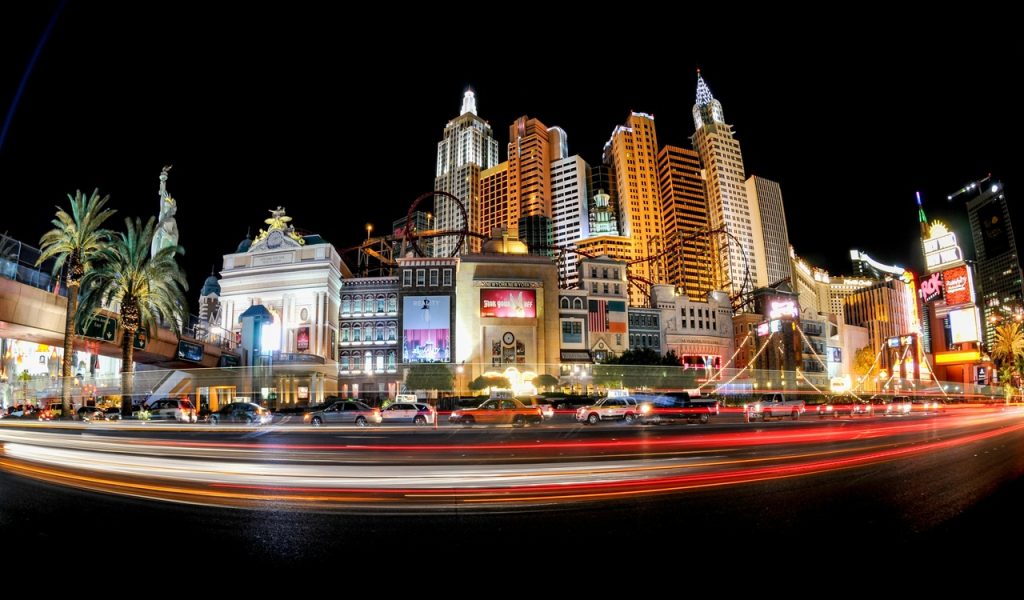
If it costs three times as much to book a hotel during the dates you’ve chosen, that’s a clear indication that the city or town in question is incredibly popular. Accommodations are often expensive, as space is limited and tourists can get crowded. When prices spike, it’s not luxury that you’re paying for; it’s scarcity. Look at surrounding coastal towns for a better deal, a quieter stay, and the same stretch of sunshine without shoulder-to-shoulder intensity.
Endless Social Media Buzz

If your feed is filled with influencers tagging the same beach, expect company. Viral spots draw human traffic, and that “hidden gem” may be overexposed already. Social media may be uplifting, but it can also be misleading. But a nonstop flurry of hashtags more often than not yields long waits, parking nightmares, and little tranquility; evidence that sometimes less notoriety is synonymous with more freedom.
Packed Parking Lots by Sunrise
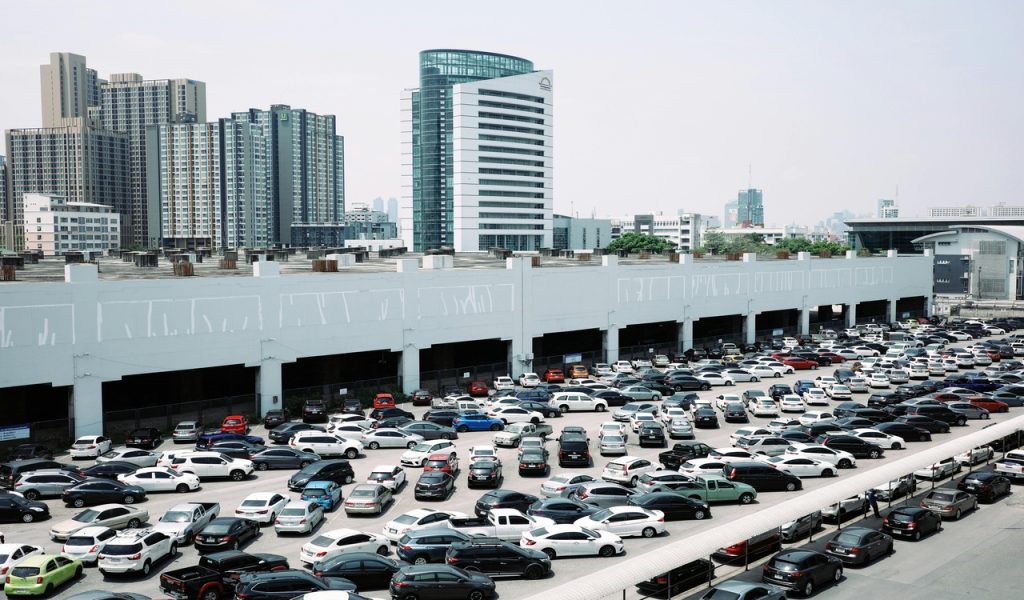
When the parking is full before breakfast, it’s a key red flag. Locals and tourists all fighting for limited spaces usually indicate an overcrowded beach. Who wants to spend half the morning cruising lots, scouring for signs of joy? Opt for beaches with shuttles, go off-peak, or those located a bit further from main highways. Fewer cars tend to mean fewer people and more room to breathe.
Long Lines for Beach Rentals
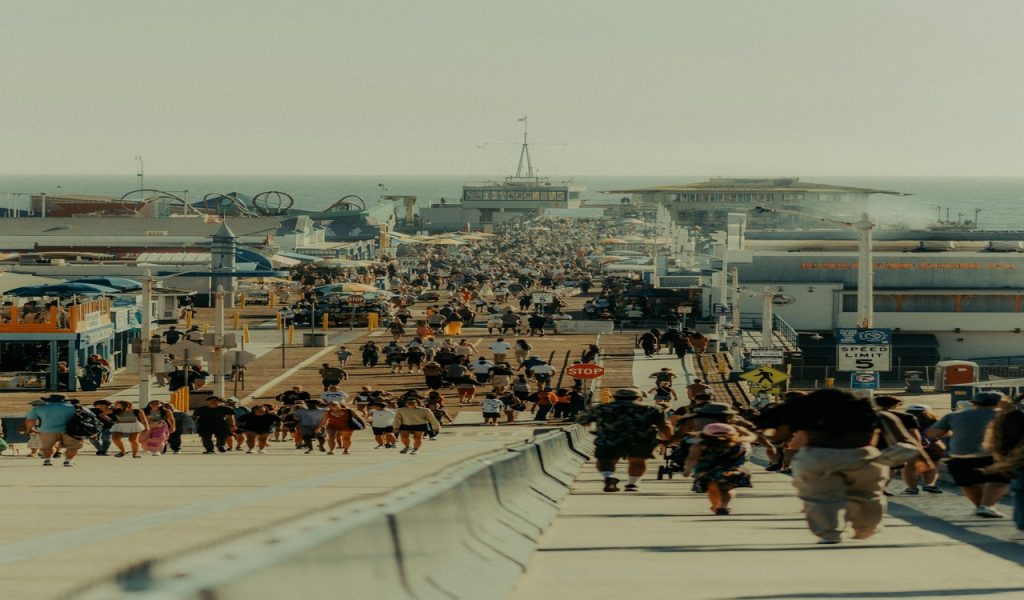
When you are in line for umbrellas, paddleboards, or beach chairs, you’ve already been overwhelmed. Overbooked vendors and limited supplies equal stress, not relaxation. When it takes 30 minutes to rent a buckle, the beach’s capacity has long since ceased being comfortable. Think of beaches accessible to people who bring their own equipment, or public areas created to accommodate fewer, slower arrivals.
Restaurants Requiring Advance Bookings

A beach town that demands weeks’ worth of reservations might sound organized, but it often signals too many visitors and not enough seats. Dining becomes a strategic mission instead of a casual treat. The best coastal escapes let you wander into a café without a fight for tables. Choose destinations where locals still dine comfortably without months of planning.
Trash Overflowing on the Sand

Overwhelmed bins and trashed beaches are evidence of their overuse. When local cleanup efforts don’t keep pace with visitors, nature ends up paying the price. Overcrowded places make it hard to keep clean, and even the most picturesque beaches look shabby with trash accumulating wherever you look. Look for beaches with eco-limits, community cleanups, or entry caps that keep an eye on both beauty and balance.
Constant Traffic Jams
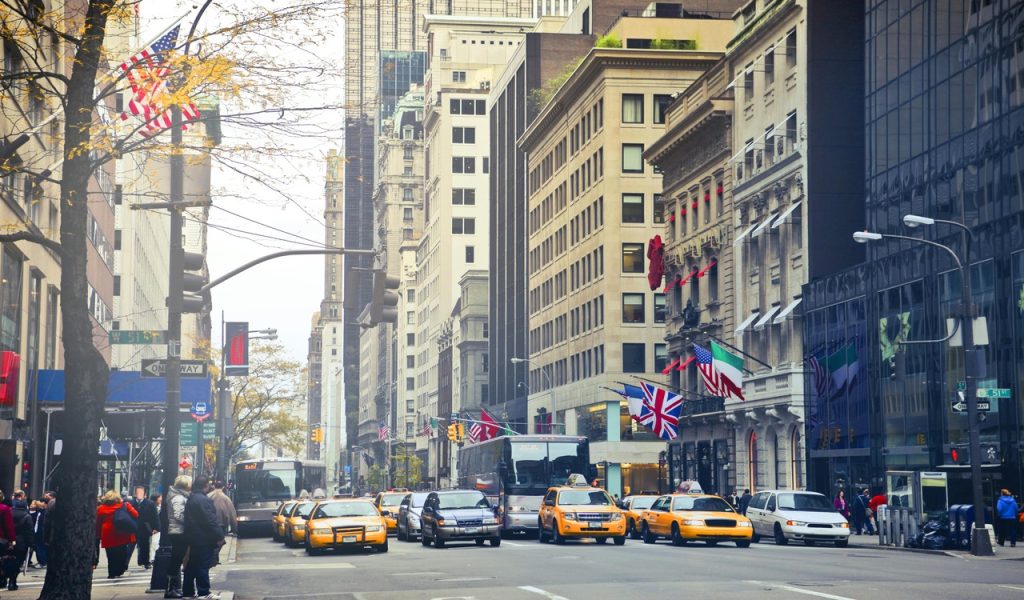
When beach access requires a stretch of bumper-to-bumper traffic for miles, fattening the line is bound to happen. Chockablock coastal highways filled with tour buses and rental cars suck the pleasure out of your escape. True chilling out begins before you even hit the sand. Seek out smaller seaside towns with walkable access, bike paths, or ferry service; places where the journey itself feels as easygoing as the destination.
Locals Avoid the Area

When even residents won’t go to their own beach, that’s saying something. Residents tend to notice when their peaceful escape becomes a tourist circus. Ask shopkeepers or taxi drivers where they themselves go to get away; often, it’s nearby isolated coves. A beach the locals love usually equals authentic charm, mellower vibes, and more respect for local culture.
Hotels and Resorts Expand Nonstop
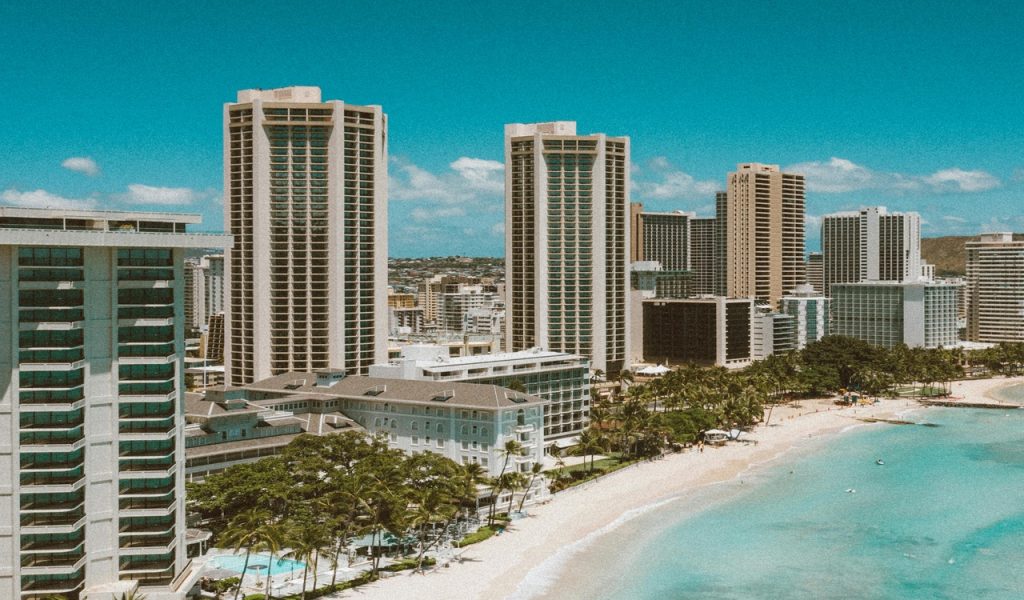
Perpetual construction on the coast is a big red flag. When the hotels keep coming, it is clear that the natural balance is already out of kilter. Overbuilding means overcrowding, noise, and environmental destruction. Instead of more development that knows no bounds, look for destinations with growth restrictions or open coastlines. A truly restful beach shouldn’t have to show off its popularity with cranes.
Beaches Require Crowd Management
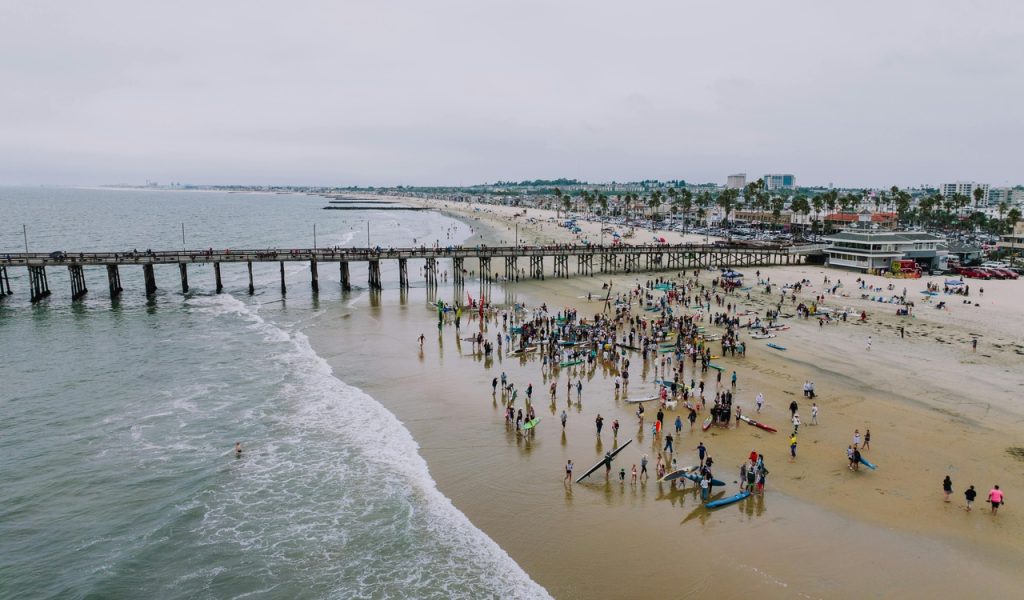
When lifeguards or officials manage sections like theme-park lines, the beach has reached capacity. Fenced zones, timed entries, or loudspeakers keeping order may protect safety, but kill tranquility. Once beaches become crowd-controlled zones, the charm fades fast. Seek out lesser-known coastlines or national park beaches where serenity still outweighs spectacle and schedule.
Photos Don’t Match Reality

If the promo photos show endless empty sands, but some of the reviews hint at nothing but wall-to-wall umbrellas, pay attention to those; overcrowded destinations often use old or off-season shots in a rotten attempt to keep realities from folks’ eyes. Just make sure to look at real-time traveler photos online first. When every approach is overcrowded, it’s time to change your plans. The quieter, the less crowded it is, the more paradise you’ll have.
